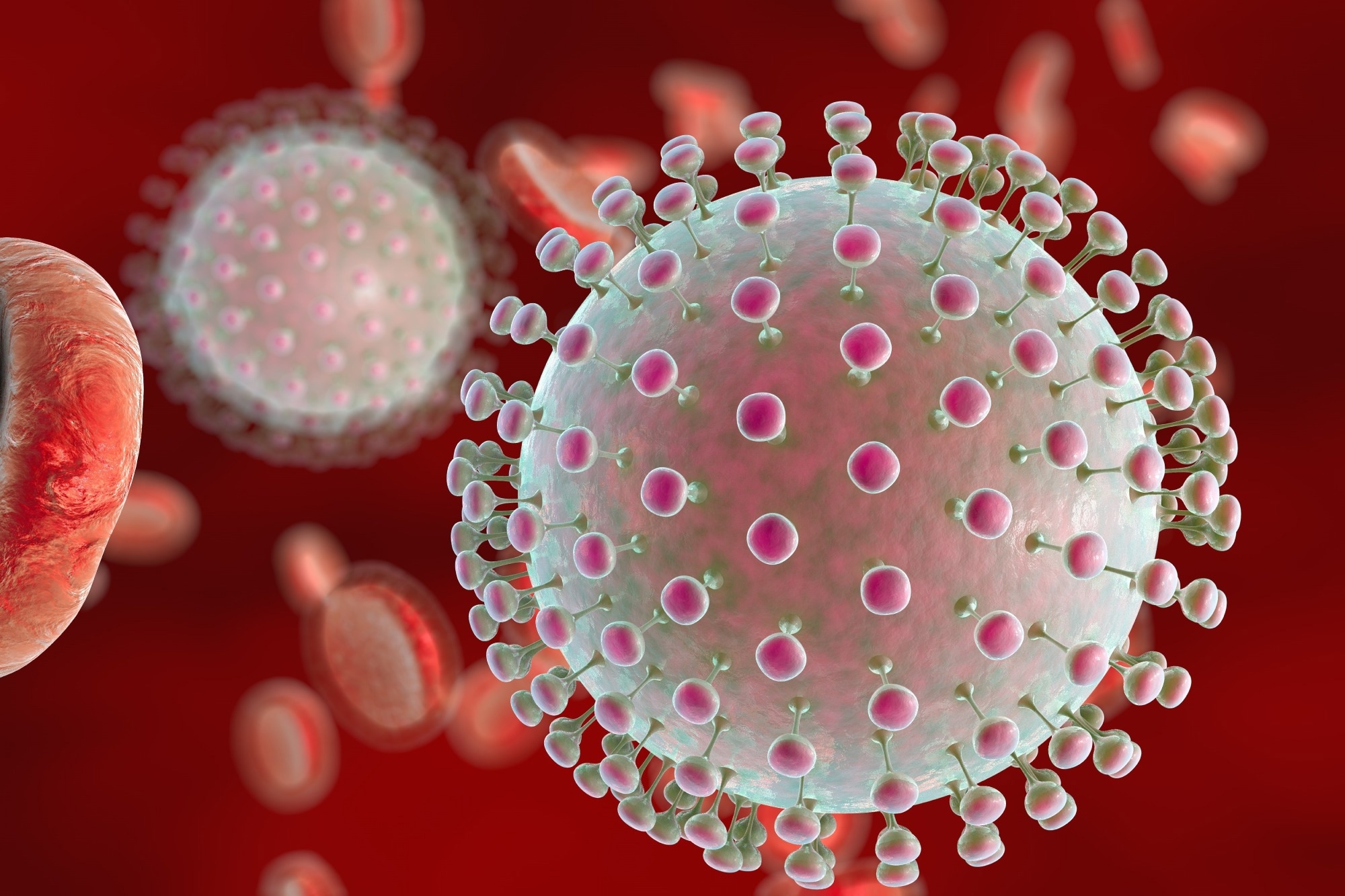Reviewed by Danielle Ellis, B.Sc.Sep 29 2022
Scientists from the University of California, Los Angeles (UCLA) have discovered a Zika vaccine technology that is very safe and effective in preclinical mouse models. The researchers used a pregnant mouse model. The vaccine safeguarded both pregnant moms and developing fetuses from acquiring a systemic infection.
The study was published in Microbiology Spectrum, a journal of the American Society for Microbiology.

Image Credit: Kateryna Kon/Shutterstock
Engineering the vaccine involved deleting the part of the Zika genome that codes for the viral shell. This modification both stimulates an immunogenic reaction and prevents the virus from replicating and spreading from cell to cell.”
Vaithilingaraja Arumugaswami, D.V.M., PhD, Associate Professor, Molecular and Medical Pharmacology, University of California, Los Angeles
Vaccinated mice exhibited higher levels of a cell-mediated immune response, as seen by increased effector T cell populations compared to mice that were not vaccinated. The vaccine was further evaluated in various mouse models, where it was found to be safe and protective.
The work was inspired by the 2016 Zika virus outbreak, which spread fast throughout the Americas and afflicted millions of people, causing tremendous socioeconomic hardships. The Zika virus was the first mosquito-borne virus to affect human reproduction.
Until today, there are no approved vaccines or other treatments for the Zika virus. And investigations on other means to combat the virus did not prove fruitful.
But given that RNA viruses—the category to which both Zika and the SARS family of viruses belong—are highly prone to evolving and mutating rapidly, there will likely be more outbreaks in the near future.”
Vaithilingaraja Arumugaswami, D.V.M., PhD, Associate Professor, Molecular and Medical Pharmacology, University of California, Los Angeles
The average time between periods of widespread Zika viral infection is about seven years.
It is only a matter of time before we start seeing the virus spread again.”
Kouki Morizono, MD, PhD, Study Co-Senior Author and Associate Professor, Medicine, University of California, Los Angeles
To complicate things worse, climate change is increasing the acceptable habitats of mosquitos such as Aedes aegypti, which transmits the Zika virus to humans, raising the at-risk population.
Arumugaswami adds, “The ongoing COVID-19 pandemic has shown us the power of a strong pandemic preparedness plan and clear communication about prevention methods—all culminating in the rapid rollout of safe and reliable vaccines.” It is vital to create a strong pandemic preparedness plan.
Arumugaswami concludes, “Our research is a crucial first step in developing an effective vaccination program that could curb the spread of Zika virus and prevent large-scale spread from occurring.”
Source:
Journal reference:
Garcia Jr, G., et al. (2022) Replication-Deficient Zika Vector-Based Vaccine Provides Maternal and Fetal Protection in Mouse Model. Microbiology Spectrum. doi.org/10.1128/spectrum.01137-22.